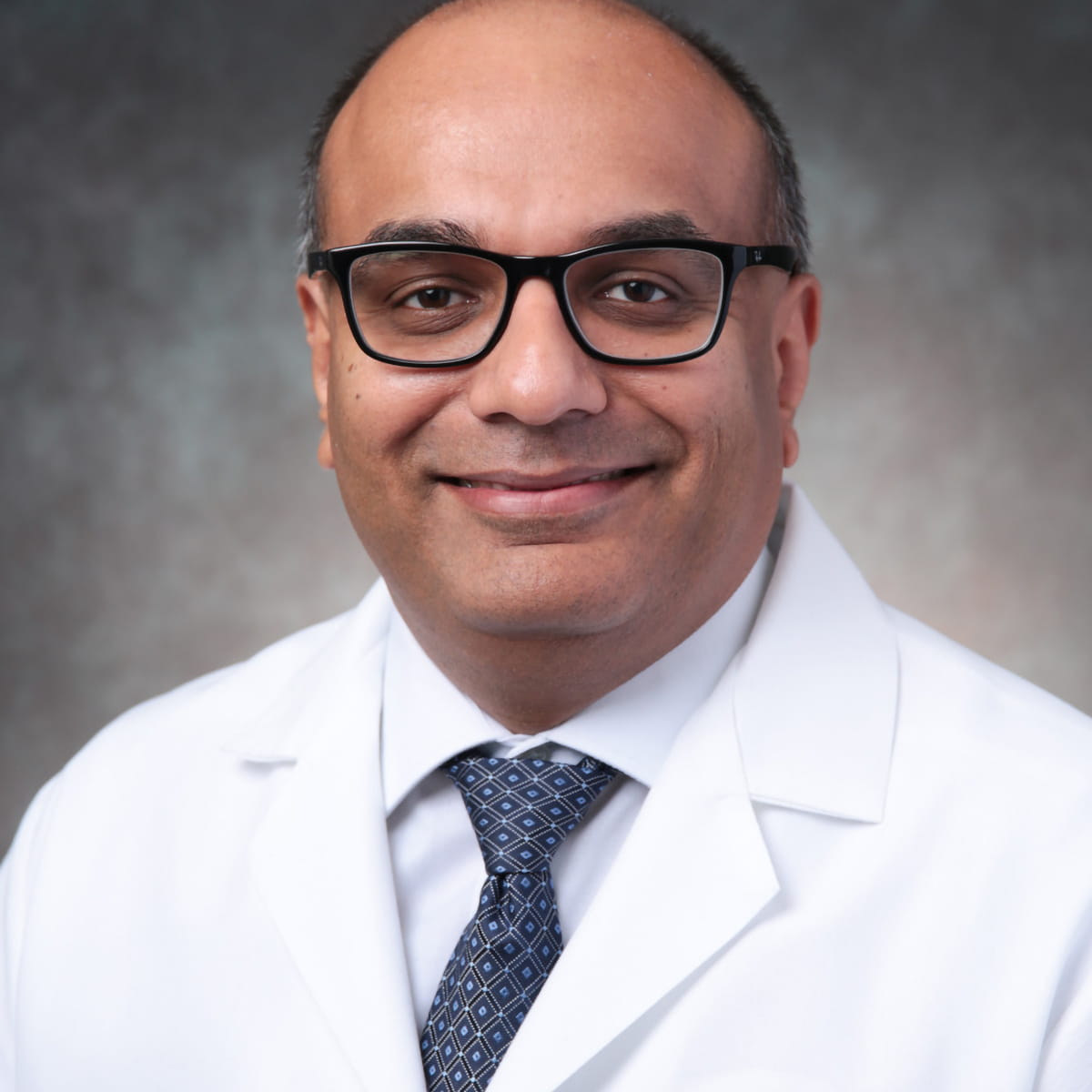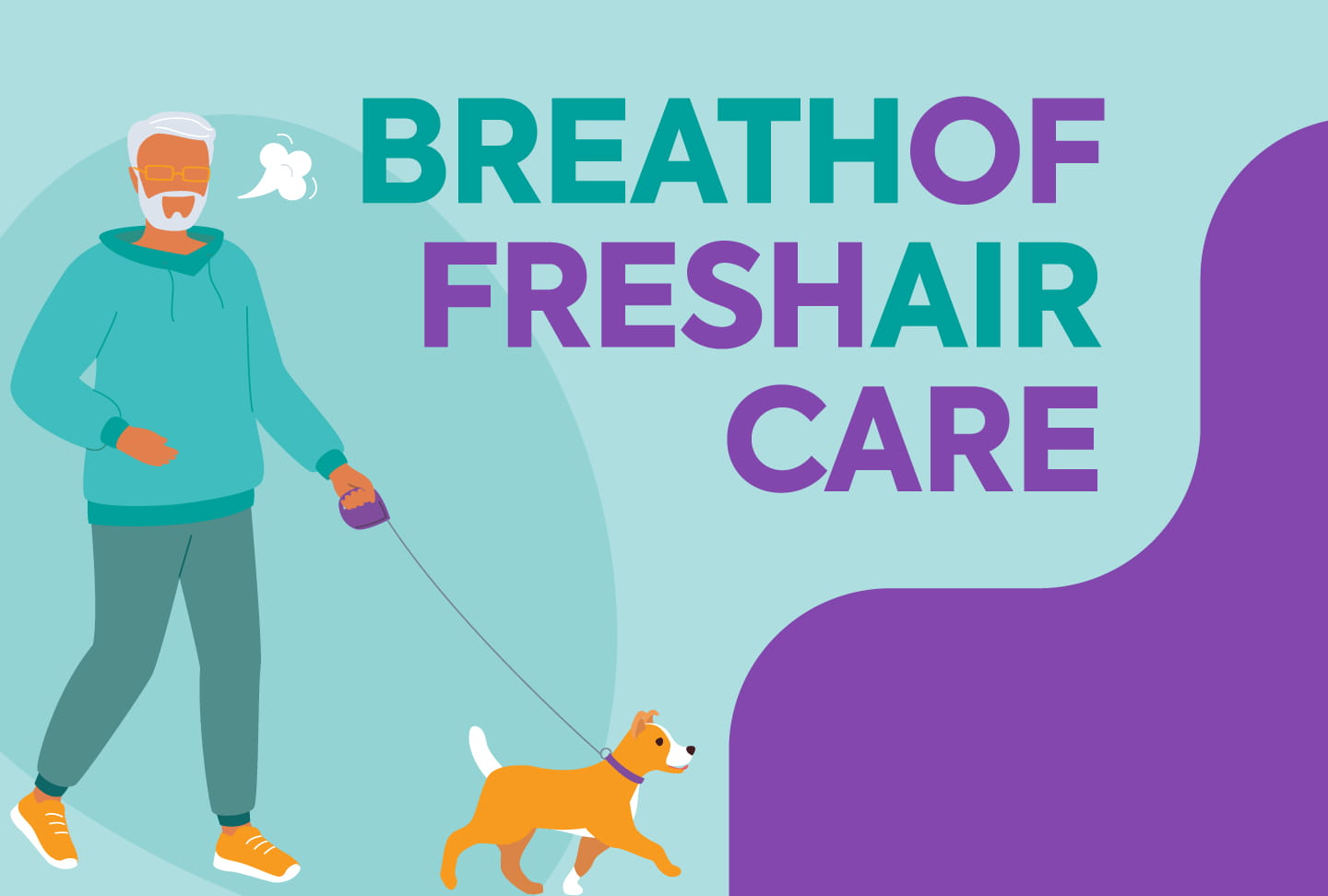Make Lung Health Your Habit
Whether you’re running a marathon or simply running errands, having healthy lungs helps you to live comfortably and do the activities you enjoy.
Lung health is an important part of overall wellness. It’s best to prevent health issues before they start, and Wellstar experts will partner with you to personalize a plan to keep your lungs healthy.
Book an appointment online to check in with a provider about your lung health and follow these tips to breathe a little easier.
Don’t smoke or vape
If you are a smoker, keep in mind that there are both short-term and long-term benefits to quitting. One to nine months after the last cigarette, your shortness of breath should decrease. Within 10 years of quitting, a former smoker's risk of developing lung cancer is 30% to 50% below that of a person who continues to smoke.
Also, if you don’t smoke, do not pick up the habit. Nicotine is highly addictive, even more so than many other drugs including narcotic opiates, according to Wellstar Pulmonologist Dr. Hitendra Patel.
Dr. Patel said that vaping is gaining popularity, especially among younger people. However, vaping irritates a person’s airways and increases their risk of asthma.
“Nothing but air should go in and out of the lungs,” Dr. Patel said. “Any other chemical or substance, or inhalation of smoke of any kind, is going to be detrimental and harmful.”
Wellstar Primary Care Physician Dr. Jignesh Dholaria said misinformation about vaping is common.
“People have the notion that vaping is somehow safer and that it doesn’t have the same chemicals that cigarettes do,” Dr. Dholaria said. “We’re seeing a lot more harmful effects from vaping just because we don’t always know all the chemicals that are in these vapes. That has caused a lot more lung-related injuries.”
Get your exercise and sleep
While staying active is a critical component of overall wellness, it’s especially important to keep your lungs in top shape.
“As you’re breathing in and out, getting rid of carbon dioxide and inhaling more oxygen, that helps your tissues, which helps you feel better overall,” Dr. Dholaria said.
Even if it is raining—or if pollutants are especially high that day and you’re worried about lung irritation—there are ways to get your steps in. Dr. Patel recommends going to an air-conditioned shopping mall or store to get some exercise if being outside is not an option.
“Continuing to exercise to the fullest of your body’s ability is an important step of maintaining whatever lung health you have,” Dr. Patel said. “If you start with healthy lungs, staying on an exercise program and regimen is vital.”
Balance that exercise with some rest, too. Dr. Patel, who is also the medical director of the Wellstar sleep program, said being well-rested can ward off sickness, including some respiratory illnesses.
“If you don’t sleep well, that means your immune system is not going to function as well as it should,” he said.
Try breathing exercises
In addition to getting your sleep, some relaxation and breathing techniques can have benefits for both mental wellness and lung health.
Dr. Patel recommends “4-7-8 breathing,” which involves inhaling for four seconds, holding your breath for seven seconds and then exhaling for eight seconds.
Benefits of breathing exercises may include lower stress and anxiety levels, lower blood pressure and better sleep.
Manage your asthma
If you have asthma, know your lungs and avoid the environmental triggers that cause the condition to flare up, Dr. Patel said. Common triggers include pet dander, seasonal changes, allergens like perfume and smoke inhalation.
Asthma can also run in families, although there is often no specific reason why a person develops asthma, Dr. Patel said.
“Sometimes people underestimate how bad asthma can be,” Dr. Patel said.
If you have asthma, see your primary care physician to monitor your lung health. Pulmonologists specialize in caring for people’s lungs, and they often collaborate with primary care clinicians to create personalized plans to manage their patients’ asthma.
Ask your care team about screenings
Early detection is key in cancer treatment, but many lung cancers present in later stages, Dr. Patel said.
“In that area in the middle of the lungs and the middle of the chest, there are no pain fibers or pain sensors in there,” Dr. Patel said. “If a tumor occurs there, patients don’t know it. They don’t feel it, and it doesn’t hurt them.”
Lung cancer is sometimes found when it spreads and causes complications, Dr. Patel said.
If you are at increased risk for developing lung cancer, ask your care team about screenings. You should consider screenings if you are a current or past smoker. Visit our lung cancer screening page to learn more about if screening, which involves low-dose CT scans, could benefit you. To keep up with your lung health, find a Wellstar physician near you.





